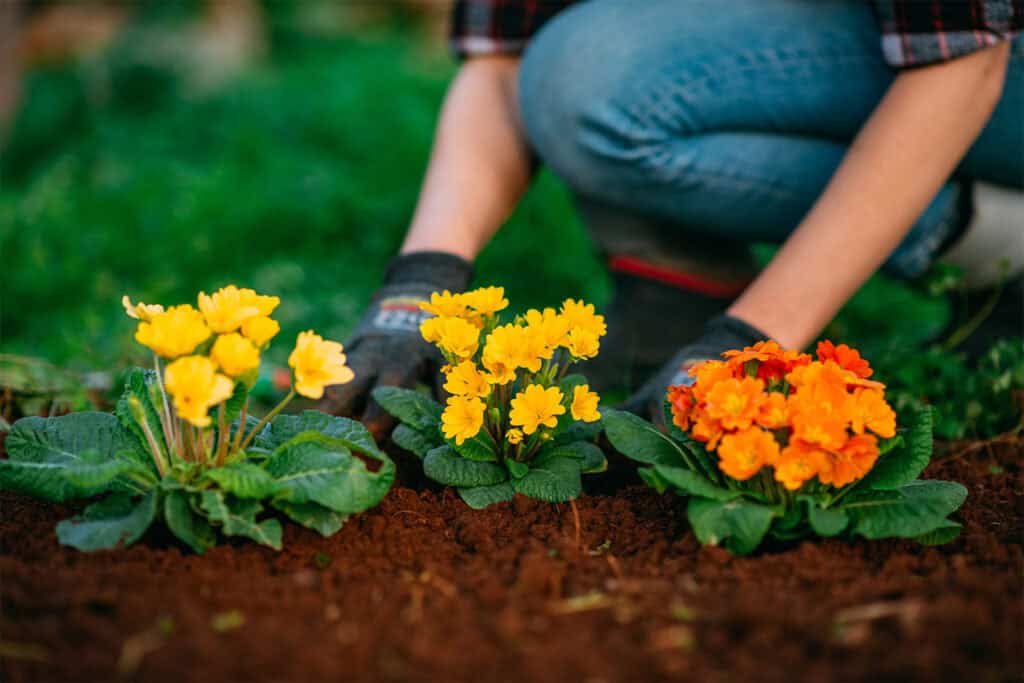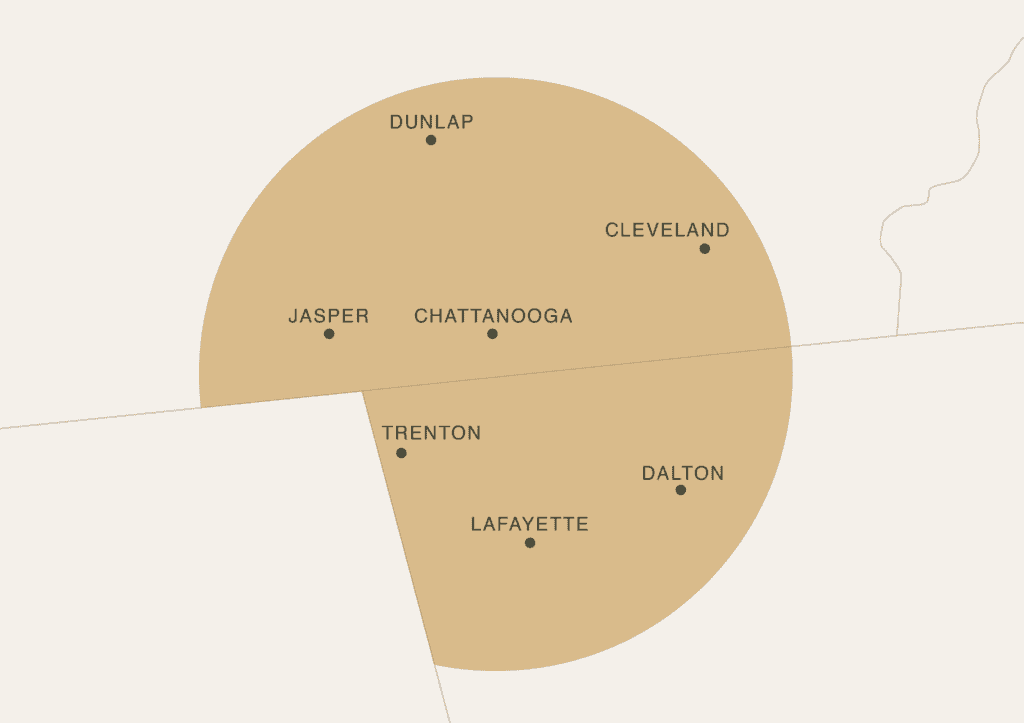A Simple Summer Planting Guide for Chattanooga
Summer is the perfect time to breathe new life into your garden! The warmer weather signals the start of the growing season for a wide variety of garden flowers throughout the South, especially in our Scenic City. The Broadleaf Residential team strives to help its followers, friends, and family find new and exciting ways to make their homes more beautiful inside and out. As such, we’ve prepared a simple summer planting guide for Chattanooga.
Understanding Hardiness Zones
The Plant Hardiness Zone Map, developed by the USDA, divides the continental United States into 11 hardiness zones. This map is the standard by which farmers, growers, and gardeners can determine which plants are most likely to thrive in a specific location. Chattanooga, Tennessee, falls into zone 7b. While it is possible to plant and grow flowers in a sub-optimal zone, the gardener just needs to know that they will likely have to work harder to keep their plants in peak condition.
Hardiness Zone 7b
Zone 7 is unique in that its gardeners must consider both the extreme minimum and the extreme maximum temperatures when planning their gardens. In the colder zones, it doesn’t usually get hot enough to worry about the high. Conversely, in the hotter zones, it doesn’t usually get cold enough to worry about the lows. The average annual extreme minimum temperature for Zone 7b is 5-10℉, and the annual extreme maximum temperature is 102 – 108℉.
Summer Planting
The early summer is arguably the most colorful time of year when it comes to blooming flowers. Now that there is no more risk of frost, you can start planting more temperature-sensitive flowers. Hostas are a great choice for shaded areas, adding lush foliage to your garden. Creeping phlox is perfect for ground cover and can create a beautiful carpet of color. Sedum, both traditional and stonecrop varieties, are excellent for sunny spots and are drought-tolerant, making them ideal for the hot summer months.
Echinaceas (coneflowers) and black-eyed Susans are also fantastic summer bloomers that attract pollinators like bees and butterflies. Monarda, also known as bee balm, adds vibrant colors and is a favorite among hummingbirds. Digitalis foxglove provides tall, dramatic spikes of blooms that can be a stunning focal point in your garden.
Sun-Loving Annuals Well Suited to Zone 7b
Marigolds, ageratum, lantana, African daisies, nasturtium, sunflowers, zinnias, petunias, water hyssop, sweet peas, moss rose, heliotrope, lobelia, celosia, snapdragons, cornflowers, calendula, begonias and cosmos.
Sun-Loving Perennials Well Suited to Zone 7b
For summer planting, focus on flowers that thrive in the heat and can withstand the intense southern sun. Creeping phlox, sedum, black-eyed Susans, bee balms, stonecrop sedum, echinacea, and foxgloves are all excellent choices.
Shade-Loving Annuals Well Suited to Zone 7b
Touch-me-not, coleus, torenia, caladium, fuchsia, and browallia are great options for annuals that prefer indirect sunlight, or outright shade that will produce beautiful results the whole season.
Shade-Loving Perennials Well Suited to Zone 7b
If your garden has shady areas, hostas, great laurels, and sweetbay magnolias are perfect additions. These plants will thrive in the cooler, shaded spots of your garden as well, providing lush greenery and beautiful blooms.
Tending to Your Garden
A word of caution when it comes to planting in the midsummer: You should be prepared to water quite often unless your area receives lots of summer rain. Midsummer flowers planted in July and August will need the most care, and you can enjoy beautiful blooms into the autumn months if you’re careful about watering.
Tending a garden that looks wonderful all year round requires quite a bit of hard work, careful timing, and attention, but the payoff is well worth your efforts. A beautiful garden is not only enjoyable but also boosts the curb appeal of your home. Whether you plan to sell your home in the near future or simply want to make your property as beautiful as possible, this guide can help your planting process during the spring be a bit easier.
Share Your Tips Do you have any planting tips and tricks you’d like to share? Contact us! We’d love to hear your suggestions!











